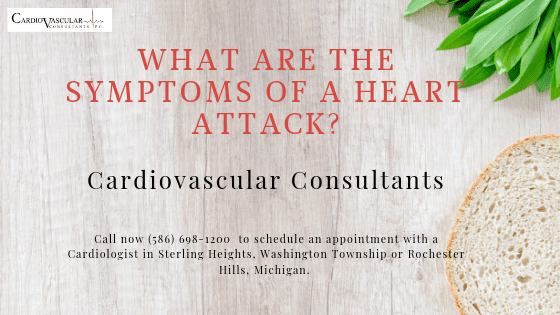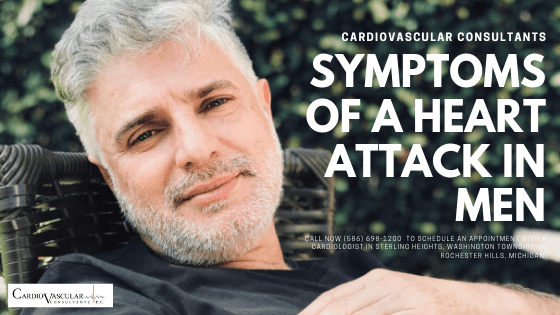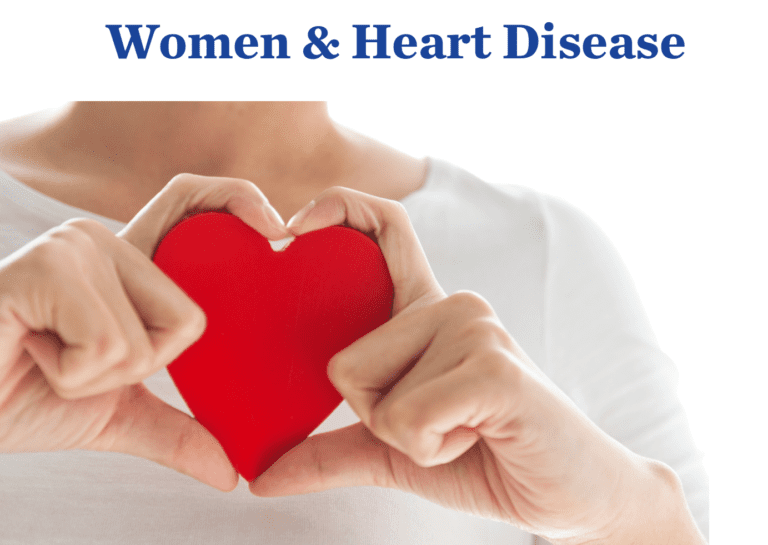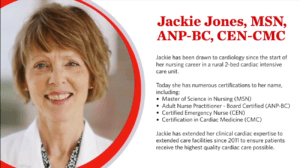We commonly hear the word heart attack in our daily life. However, we are unaware of heart attack, its symptoms, causes, and possible treatment. The blockage of blood flow to the heart causes a heart attack. There are various reasons for the blockage such as cholesterol, the buildup of fat, or other substances. Plaque is formed in the arteries that supply blood to the heart, which ultimately result in the stoppage of blood flow and then leads to a heart attack.
The damage to heart muscles can also be done when the plaque suddenly breaks away and form a clot. Myocardial infarction is the other term used for heart attack. It is very dangerous, but with the advancement in science, the treatment strategies also improve a lot.

Variable symptoms of a heart attack:
The occurrence and severity of symptoms vary from person to person. Some people experience mild symptoms, while some experience severe symptoms. It is also possible that some people experience no symptoms at all. While in some patient’s sudden cardiac arrest could be the first symptom. If you are experiencing more signs and symptoms, then chances of occurrence of heart attack might be higher.
In some people heart attack occur suddenly, whereas many people experience various symptoms in advance like symptoms start to appear before a week, hour or days, etc. the first warning sign is angina or chests pain. Chest pain can be reduced by rest. A temporary decrease in blood flow leads to the occurrence of angina.
Common symptoms of a heart attack:
Some symptoms of a heart attack immediately require medical attention because they are severe and serious. If you ever experience any of the following signs and symptoms don’t wait to get help, you must consult your physician immediately. As we know, some heart attacks are intense and sudden, and some have mild pain and start slowly.
The usual signs of a heart attack include
- The tightness of the chest
- Crushing pain in the chest
- Squeezing of chest
- Spreading of the pain to neck and jaw
- Feeling of pressure
The pain of the heart attack is variable, and having different intensity, it might come and go. Sometime it might be constant. The pain of the heart attack cannot be reduced by altering positions.
Chest Discomfort
Chest discomfort is the primary sign of the heart attack. The chest discomfort usually occurs at the center of the chest, and its duration might be longer than a few minutes. Many doctors describe this feeling with different words such as some say it is burning sensation of the chest, some say it is the pinching sensation in the chest, some describe it as a feeling of fullness, squeezing and uncomfortable pressure, etc. it can occur suddenly, despite whether you are working or taking rest. The heart attack might occur in women without any chest discomfort or pain. Shortness of breath is also linked with chest discomfort, and it can occur with or without chest discomfort.
Irregular Heartbeat
Irregular heartbeat is also the common symptoms of a heart attack. It might also occur due to several other reasons, such as taking a high amount of caffeine or not getting enough sleep. But, if you feel any abnormality with your heartbeat, you must consult your doctor.
Throat or Jaw Pain
Movement of the pain towards the jay and throat is also among the warning sign of the heart attack. The pain radiated towards the left side and spread towards the left jaw and left arm. If you ever feel this type of pain, then you must see your doctor.
Discomfort in other areas of the upper body
Upset stomach, nausea, vomiting, heartburn, and indigestion can also be linked with the heart attack. Usually, the upset stomach has nothing to do with the heart, but sometimes stomach problems can lead to the stimulation of the heart pain. The feelings of discomfort are usually seen in women than in men.
Pain that Spreads to the Arm
The pain of the heart generally starts from the chest and radiates outwards. The left arm usually the most affected part by the heart pain as this pain usually move towards the left side of the body.
Dizziness and Lightheadedness
You might also experience lightheadedness and dizziness, or you might even lose your balance or faint for some time. It might be due to low blood pressure.
You Get Exhausted Easily
These symptoms are usually seen in women. If you are feeling weak, fatigue, body aches, and exhausted quickly, these feelings are also linked with the symptoms of a heart attack.
Snoring
Loud snoring is also among the symptoms of the heart attack, as it exerts extra pressure to your heart. You must use a CPAP machine to normalize or smooth your breathing while you sleep.
Sweating
One of the common symptoms of a heart attack is excessive sweating for no particular reason.
Your Legs, Feet, and Ankles Are Swollen
These conditions are usually associated with the bloating. Bloating occur when the heart is unable to pump blood properly, and blood remains in veins. During such situation, it is also difficult for kidneys to remove excess sodium and water from the body, which also results in bloating.
The difference in symptoms between men and women
There are some symptoms which are more dominant in women than in men. These might include
- Chest pain
- Chest discomfort
- Nausea
- Jaw pain
- Shortness of breath
Heart Attack Symptoms in Women

- Feeling of pressure, squeezing, and fullness in the chest.
- Feeling of pain in the center of the chest.
- Pain radiating in one or both arms, the back, neck, jaw, or stomach.
- Chest discomfort and shortness of breath.
- Some other indications such as breaking out in a cold sweat, nausea, or lightheadedness.
Different researches explain that women can experience a heart attack without chest pressure.
Symptoms of a heart attack in men

Men can experience various changes in their daily routine, which could be linked with a heart attack. If you observe that your daily activities are getting harder with every passing day, or you need more energy or more exertion to carry out the same tasks, then it is the time to visit the doctor. The extra tired feeling is associated with the weakness of the left ventricle of the heart.
- Erection problems indicated blockage of arteries due to plaque buildup
- Cramping of leg and hip while walking due to narrowing of arteries
- Serious snoring problem a due to sleep apnea and causes stress to the body
- Upset stomach Indigestion, feeling of burping
Call now (586) 698-1200 to schedule an appointment with a Cardiologist in Sterling Heights, Washington Township or Rochester Hills, Michigan.




